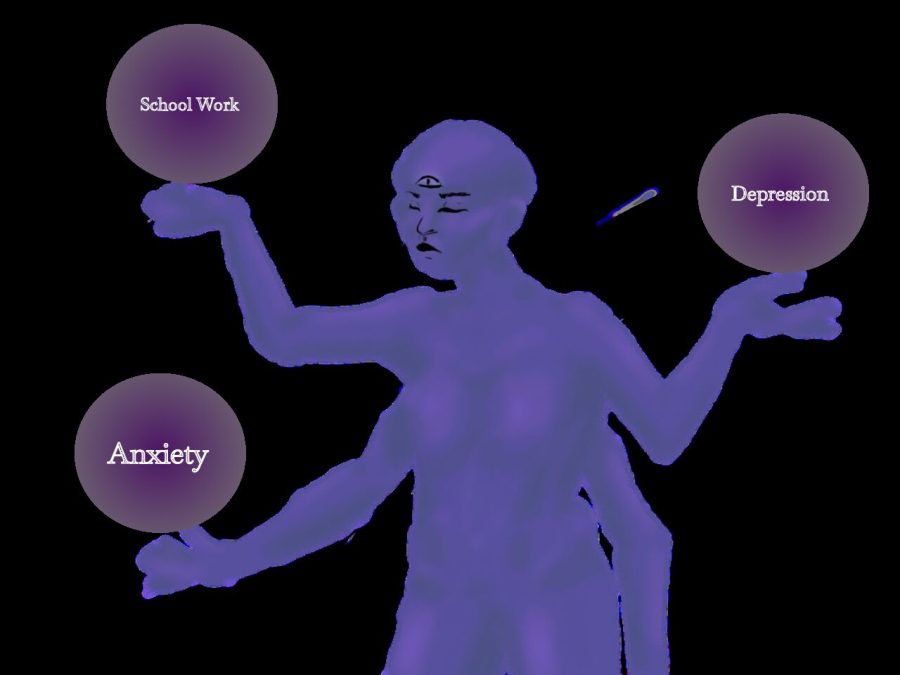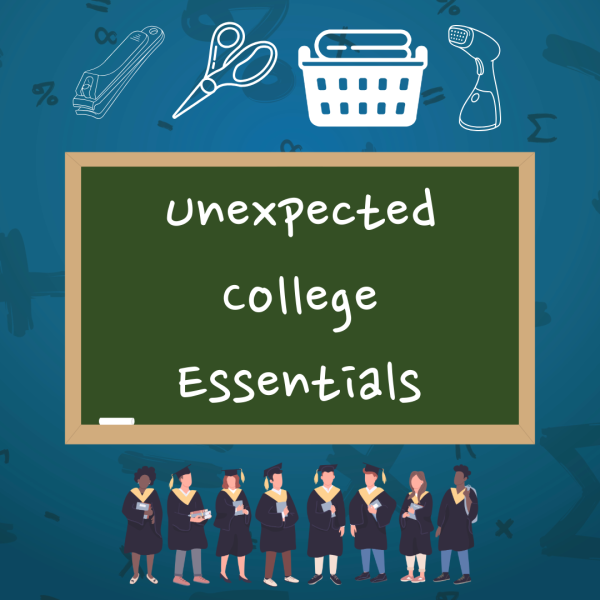Mental Health Resources at WHS
As a result of the recent COVID-19 pandemic, a mental health crisis has steadily increased in prevalence, and therefore, should be at the forefront of schools’ attention. Subsequently, students seek a school more willing to provide them with various options to accommodate their mental health needs. Currently, there are many policies in place for students who desire such an arrangement from their schools—although many still yearn for more.
“Every student, in some way, shape or form, has an individualized plan. What works for one student is not necessarily going to work for another student, and we try to be sensitive to that fact,” Imbusch said.
A 504 plan is a plan developed to ensure that a child who has a disability identified under the law and is attending an elementary or secondary educational institution receives accommodations that will ensure their academic success and access to the learning environment. 504 plans are unique in the fact that they allow for many different options for the students to support them in their schooling. There are common suggestions that are made to the students to help aid them in a direction that will help mold their plan to their needs. Some of these suggestions include: alternate testing taking areas (usually the library or the transition room), taking breaks throughout the day, shortened classes, inclusion of a full-year study, etc. These plans are manned by the social workers, Wendy Thornton and Keith Wick, the school psychologist, Kelley Ryan and the school counselors. Despite these accommodations being implemented, the school can still improve upon their mental health resources. Most of the resources mentioned above seem to favor students with a 504 plan. Students without a mental health diagnosis are often left in the dark with false pretenses. Many believe that only those with a diagnosis are provided with such assistance. It would be greatly beneficial if the school put into place many more resources for students, because a lack of medical diagnosis does not mean a student should be left without assistance to make their schooling easier on them.
“We have to be sensitive to the fact that you guys have things that you bring from home, some things that you can’t necessarily check at the door. We try to make it so that every single one of you, individually, can be successful,” Walpole High School (WHS) principal Stephen Imbusch said.
Focusing specifically on the transition room, operated by Karen Bekker, it proves to be a safe haven for students with a 504. Many who have a 504 plan choose to use the room as an alternative setting for test taking, others choose to eat lunch there due to the hectic feel of the cafeteria, while others find refuge in the Counseling office.
“The altered Wednesday schedule was an attempt at reducing the amount of instructional time but increasing the amount of time where students could make their own mind up as to where they needed the help,” Imbusch said.
In spite of the fact that many policies have been made to aid the mental health of students, as previously mentioned, many new policies could be introduced as well. A suggestion would be to introduce a longer snack time to allot some more time when students are allowed to decompress and relax. Even though that extra time for students does take away from learning time, it allows students to grasp their studies and social life with a balanced hand. Another policy that could be introduced is the mandate that no homework should be allowed over longer vacation breaks. This mandate would greatly help students as it enables them to differentiate their school lives and personal lives–an important skill to have. Although many students are not aware of these resources, there are an abundance of policies in place to aid them through their troubles.














